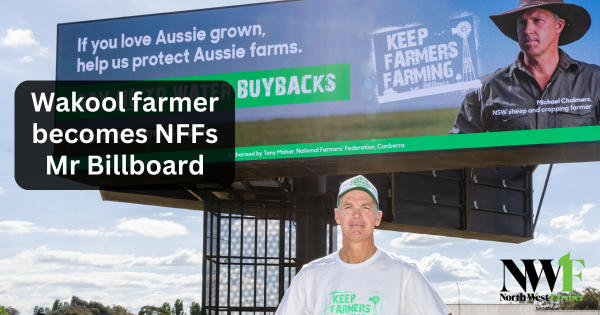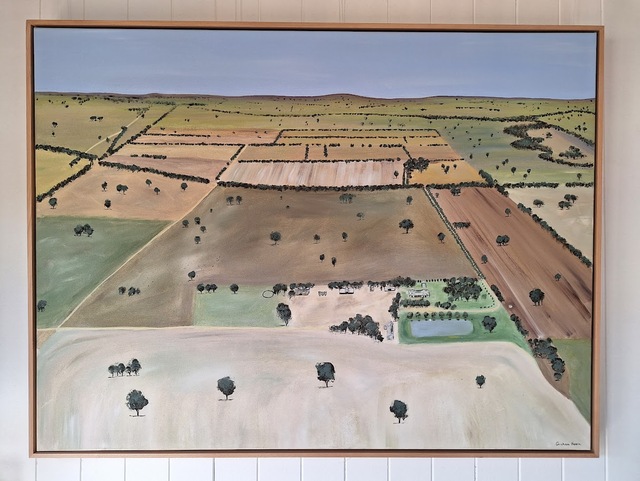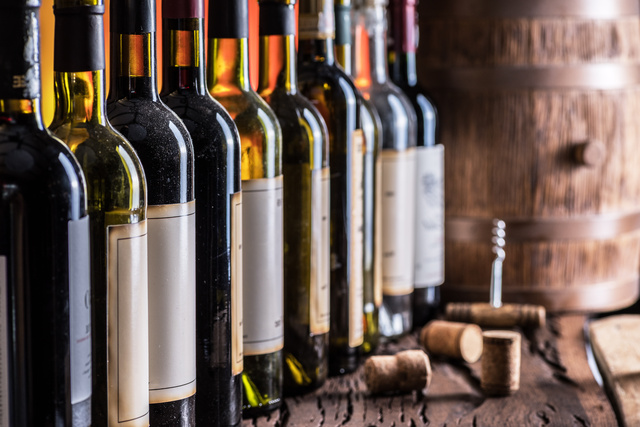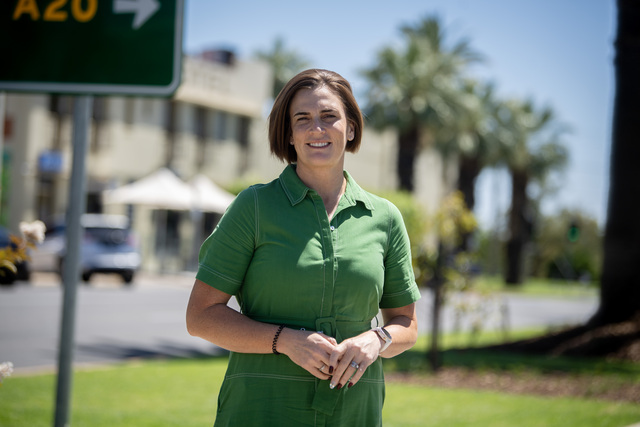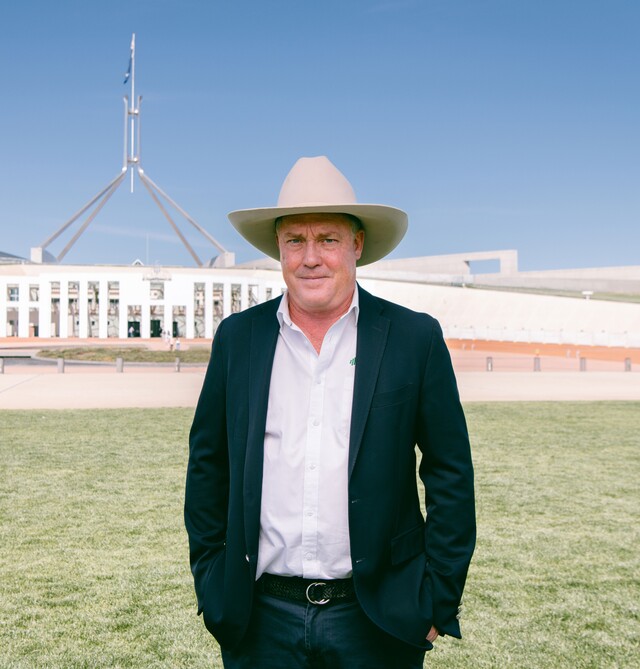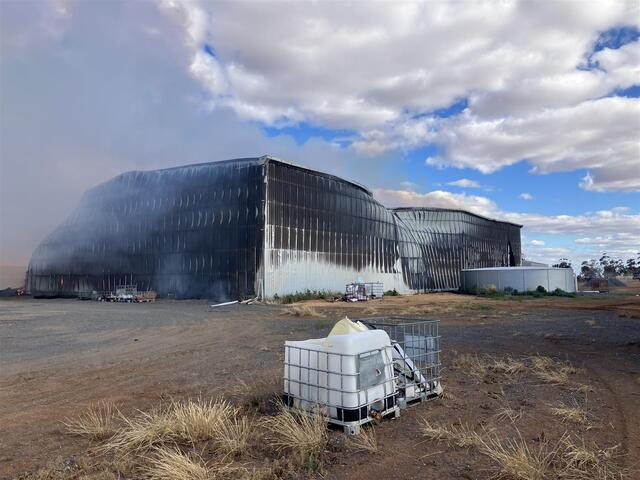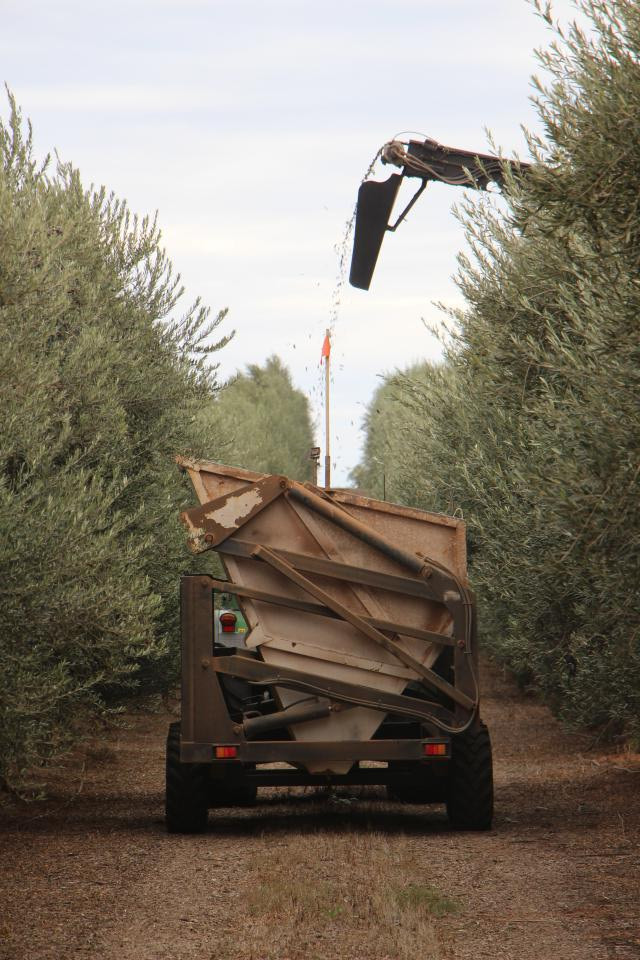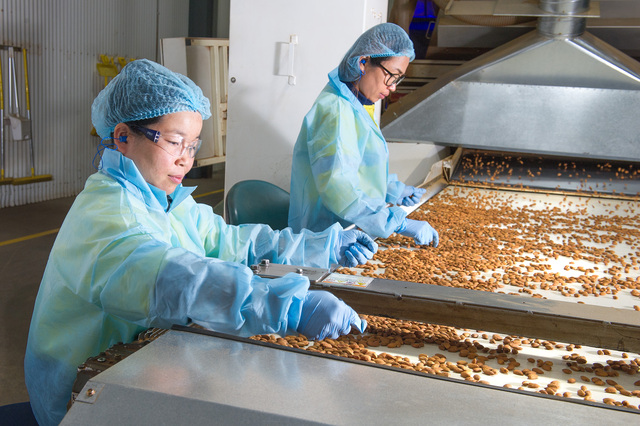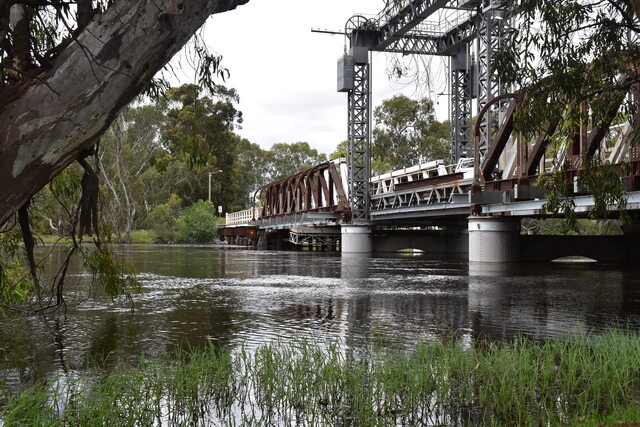But right now, the peak agricultural body says decisions are being made in Canberra which will make it harder to do.
The government says proposed water buybacks reflect a commitment to deliver the Murray-Darling Basin Plan in full.
NFF chief executive Tony Mahar says “they’re taking away the water, land and workers we need to grow your food and fibre”, as a campaign is launched to stop the reintroduction of water buybacks.
WAKOOL sheep and grain farmer Michael Chalmers has become the face of the National Farmers’ Federation’s campaign to stop the proposed water buybacks out of the Murray Darling Basin.
The Keep Farmers Farming message has landed at the Canberra Airport with billboards, plus digital advertising, aiming to send a clear message to Federal Parliament to reject water buybacks ahead of the Bill to rewrite the Murray-Darling Basin Plan being introduced to the Senate this week.
Mr Chalmers, a mixed farmer who is plastered across the billboards, said he was “deeply concerned” about the government’s proposal to allow water buybacks from farmers in the Basin.
“Further water buybacks would potentially have devastating effects on our farm business and our local community,” he said.
“If I were having a conversation with a politician in Canberra I would ask the question: ‘Why are you so fixated on recovering this extra water when it won’t necessarily deliver a tangible benefit to the environment, but it will almost certainly decimate irrigated communities in the Murray-Darling Basin?’”
NFF chief executive Tony Mahar called on all parliamentarians to support farmers, rural communities and the river “by saying no to the Bill and no to water buybacks”.
Mr Mahar said the Basin produced 40 per cent of Australia’s food and fibre – and buybacks would take some of this away.
“Together, we have achieved staggering improvements to the river system’s health, with enough additional water flowing through the Basin to fill Sydney Harbour almost five times over each year,” he said.
“This Bill terminates bipartisan support for the Plan and flies in the face the communities and environmental experts who back it.
“Farmers are here for environmental wins – a healthy river system is a healthy food bowl. Buybacks are not the pathway to improving the health of a river system.
“Let’s pursue smart options such as eradicating carp, creating fishways and addressing bank erosion, not destructive buybacks that will reduce farm production and drive up food prices.”
Mr Mahar said the government was trying to tear up a deal developed by experts and in partnership with local communities.
He suggested better environmental outcomes could be achieved by directly investing in the health of our wetlands and aquatic ecosystems.
“These proven pathways, developed by experts and people with first-hand knowledge of the river, are being ignored in favour of an easy political win,” he said.
The Keep Farmers Farming campaign urged opposition to passage of the Water (Restoring our Rivers) Bill and for existing limits on water buybacks to be retained.
Mr Chalmers is a second generation irrigator who farms sheep and grain on 4000 hectares in southern NSW with wife Felicia.
Their success at this year’s Rice Industry Awards in the specialist grain yield category was a feature story in North West Farmer.
Irrigation is a key component of the family business, with the Chalmers deriving 75 to 80 per cent of their income from irrigated farming.
The Bill in parliament proposes use of buybacks to recover 450 gigalitres of additional water for the environment under the Murray-Darling Basin Plan.
It amends the Water Act 2007 and Basin Plan 2012 to repeal the statutory 1500GL cap on Commonwealth water purchases.
Mr Chalmers called on politician to protect Australian farms.
“In a community like ours, all businesses are related in some way to irrigated agriculture, so if we have less water you’ll see a reduction in jobs, sporting clubs will diminish and there will be a loss of services in town,” he said.
“The whole community suffers when you reduce access to water.”
Federal Water Minister Tanya Plibersek said the government’s recent voluntary water purchasing open tender cast doubt on claims that everyone was opposed to the 450GL proposal.
Ms Plibersek said the tender received about 250 responses offering more than double the volume of water being asked for.
“From day one we’ve said we’re committed to delivering the Murray-Darling Basin Plan in full – and that’s exactly what we’re doing,” she said.
“What this tender shows is there are many willing sellers who are prepared to work with the government to make sure we have enough water to deliver a healthy and sustainable river system.
“As we look to how we make sure we deliver the 450GL of water for the environment, which we know will have to include some voluntary purchases, this is an encouraging sign.”

